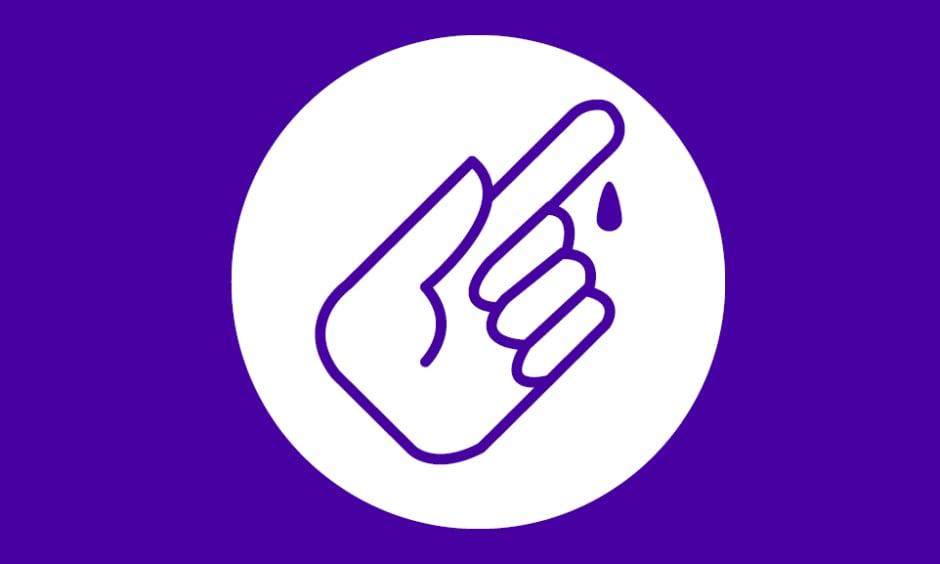SIMPLE text message reminders and coaching prompts could help thousands of adults with diabetes better manage their blood sugar, according to a new systematic review and meta-analysis that evaluated data from more than 7,600 participants. The new study found that text-based interventions led to consistent improvements in hemoglobin A1c (HbA1c) levels.
Improved Diabetes Control Within Months
Across 14 trials with three-month follow-up, patients receiving text messages achieved an average 0.29 percentage-point greater reduction in HbA1c compared with those receiving standard care. The effect persisted, though slightly smaller, at six months, with a 0.19-point greater reduction across 20 trials.
Although the improvement may appear modest, experts emphasize that even a 0.2–0.3% reduction in HbA1c can translate into meaningful reductions in cardiovascular and microvascular complications when applied at the population level.
By 12 months, however, the benefit diminished and was no longer statistically significant, suggesting that texting-based programs may require redesign, sustained engagement strategies, or integration with other digital tools to maintain long-term impact.
Those with Higher HbA1c See Biggest Improvements
The review found particularly strong results in individuals whose starting HbA1c was 8.6% or higher. In this group, text messaging led to 0.48-point greater improvement at three months and 0.36 points at six months. This reinforces the idea that digital reminders and tailored advice may be most powerful for patients struggling most with glycemic control.
A Low-Cost Tool for Health Systems
Text messaging remains one of the most accessible digital health tools: inexpensive, easy to implement, usable across age, literacy, and socioeconomic groups. The authors conclude that texting could be a valuable adjunct to routine diabetes care, particularly in primary care settings.
However, they also highlight the need for higher-quality trials that examine long-term durability, personalization strategies, and integration with newer technologies like continuous glucose monitoring.
Reference
Pirouzmand N et al. Text messaging interventions are associated with reductions in HbA1c among patients with diabetes: a systematic review and meta-analysis.
BMJ Open Diabetes Res Care. 2025;13(1):e005218.








